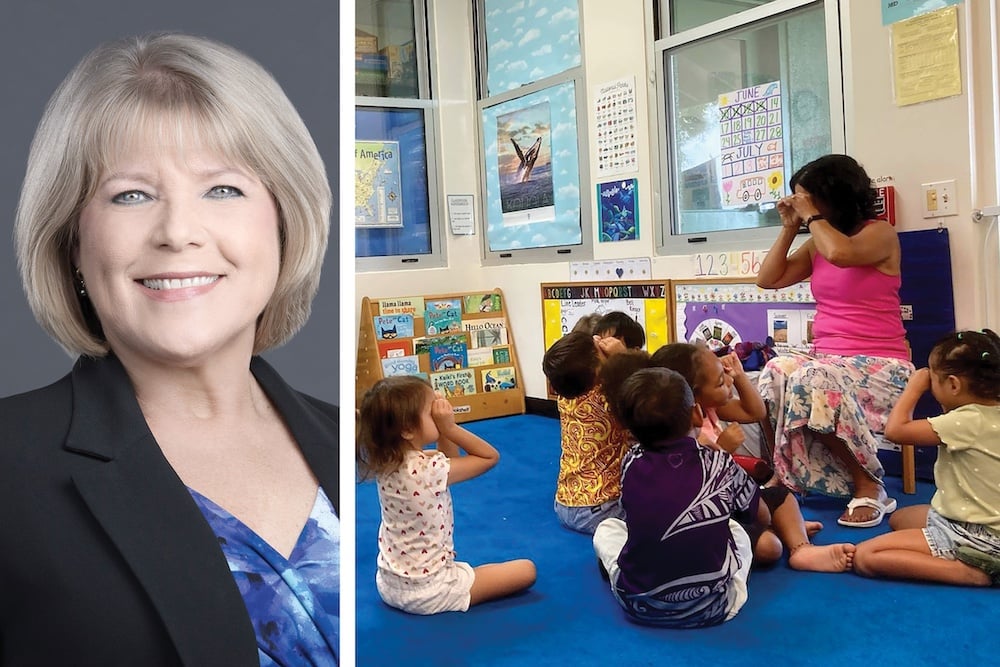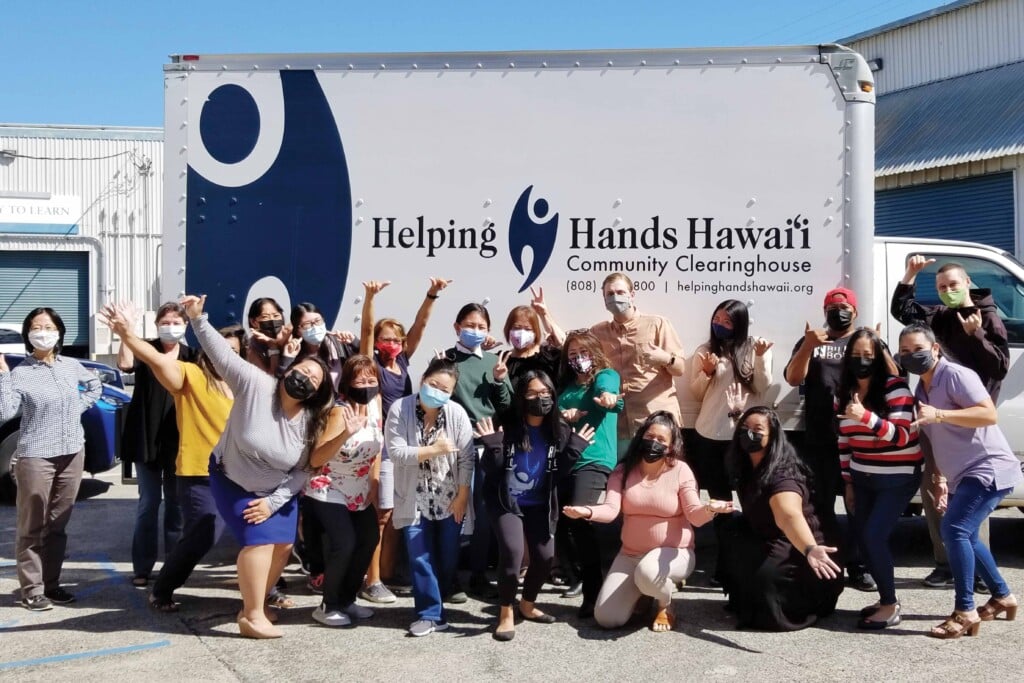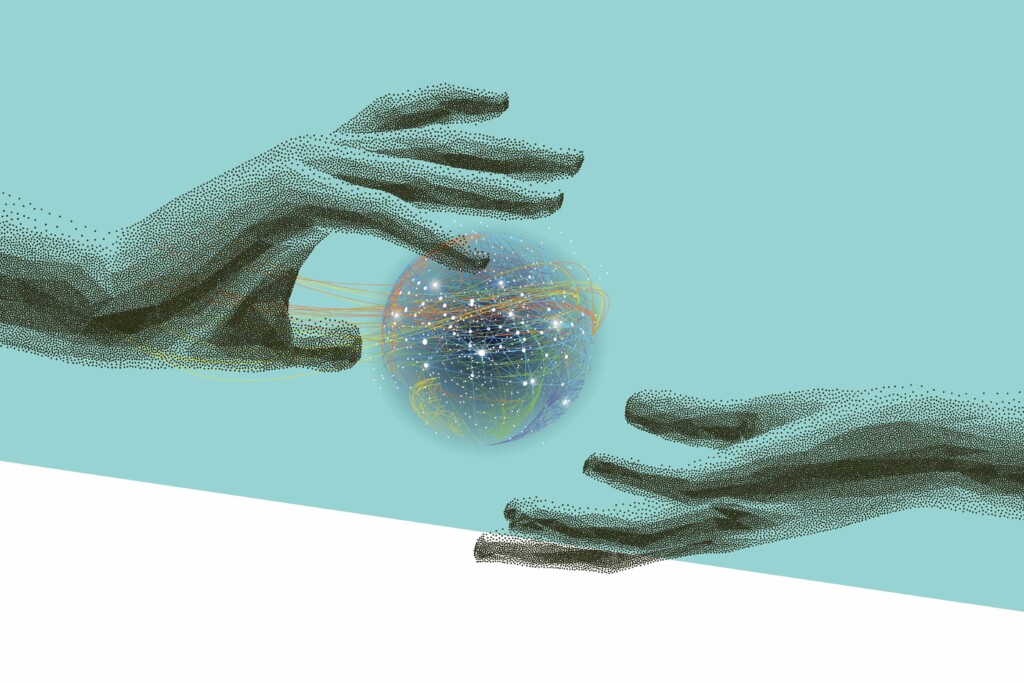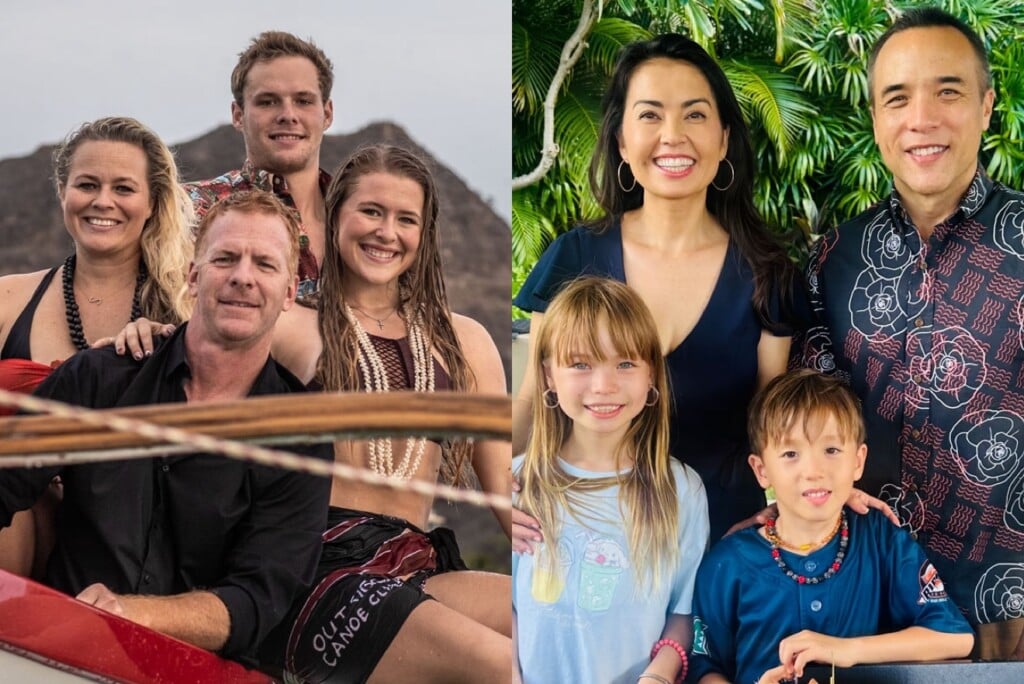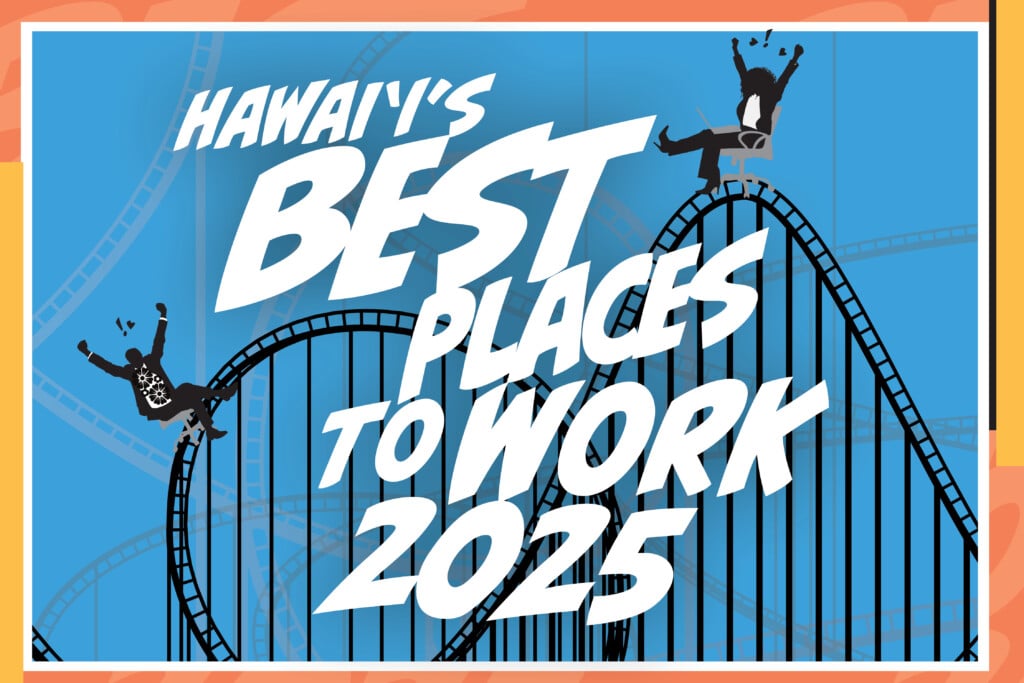Kokua for the Disabled Students
The Americans with Disabilities Act of 1990 required that colleges provide services and help students with disabilities. Eighteen years later, partly because of a series of lawsuits, Congress radically enlarged the definition.
In the past, disabilities primarily included blindness, deafness and immobility. Not after 2008.
“Congress said, ‘Stop restricting,’ ” says Ann Ito, director of Kokua Services at UH-Manoa. “It was meant to be broad and, now, it’s super, super broad. Any person with a physical or mental disability that substantially restricts one or more life activity is able to receive services.
“The definition has moved on to embrace every manner of physical or mental restriction, including elements that people may not have thought of before. All of our major life systems – respiratory, digestive, circulatory, immune, reproductive, skin – all are vital to the human being, and fall under this definition.”
Ito said Kokua Services at Manoa currently assists 900 students, but the number will probably reach 1,400 this year as new people seek help almost daily, with the majority suffering nontraditional or hidden disabilities.
“Our largest categories are students with learning disabilities, psychiatric disabilities or health disabilities. New populations include students on the autism spectrum and returning veterans. The admission criteria they meet are the same as everyone else and universities are forbidden to ask, ‘Do you have a disability?’ ”
Increasingly, across the nation, Ito says, freshmen come to college with a psychiatric disability.
“There are more incoming freshmen with a diagnosed psychiatric disability and a history of treatment,” she says. Disability services provided at UH-Manoa include: priority registration, faculty-liaison assistance, note-taking (125 students are employed as note-takers for 350 others); alternate format conversion (for instance, for the sight-impaired); adaptive furniture, and other individualized assistance.
Ito says the UH-Manoa administration has been financially supportive of Kokua Services. “We have had additional staff and resources to meet the needs of this growing population,” says Ito. While all 10 campuses provide some assistance, Kokua Services at Manoa alone has nine full-time staff members, an administrator and three auxiliary aid specialists.
What aren’t covered are temporary conditions, says Ito. Drug abuse is not considered a disability, but, if a student is in recovery, services may be provided. “We do not serve people with temporary conditions. The conditions must persist for six months or more. If they break both legs, it’s unquestionably a hardship, but it’s not Kokua’s responsibility.”
www.hawaii.edu/kokua/
services.htm
